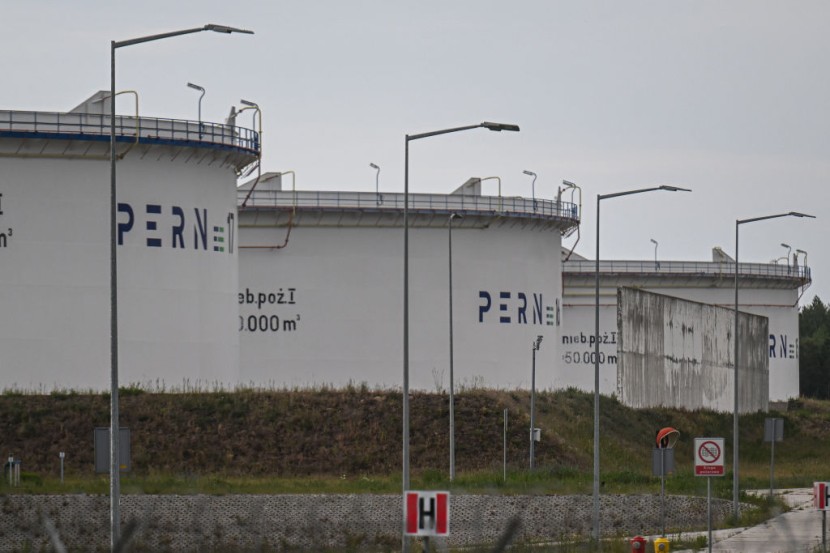
The Hungarian oil and gas firm, MOL, will take on pipeline sanctions that hit the Druzhba to pay the incurred transit fees. The payment will cover both Russia's Transneft and the continuation of the pipeline operation.
Energy Ban Affects Several EU States
Last Tuesday, the Hungary-based MOL oil and gas company verified that the southern portion of the Druzhba pipeline had stopped working., reported RT.
As the bloc prepared for a harsh winter, discussions were taking place to assume the payor's role to permit the delivery of essential energy.
According to Transneft, a Russia-based firm that delivers oil to the EU through the Druzhba, a problem in paying Ukraine has been compounded by sanctions, noted Good Word News.
Ukraine has not responded, according to news site Origo, despite MOL's promise to pay Transneft's transit payments, citing Viuku.
The energy business stated that it is looking for a solution to the problem and that there is enough supply for several weeks. It has also begun consultations on how to take on the fee duty.
After Western sanctions made it difficult for Moscow to pay for the deliveries, the Russian oil company reported on August 4 that Ukraine had stopped pumping Russian oil to several regions in central Europe.
Based on the firms' explanations, the pipeline's sanction led to the inability to pump, which has an effect on Slovakia, Hungary, and the Czech Republic.
According to Transneft, alternative options for financing the transit of electricity are being considered, while Hungarian energy firm MOL will assume payment.
The Druzhba is acknowledged as one of the world's longest pipelines to have ever been constructed. The route was created to transport crude oil across a distance of around 4,000 kilometers from the eastern region of European Russia to refineries in the Czech Republic, Germany, Hungary, Poland, and Slovakia.
Transneft said the northern portion of the Druzhba pipeline traverses through Belarus, goes to Poland and Germany, and is still fully operational.
Sanctions Hinder Russia To Pay
Russian crude is no longer being pushed through the southern arm of the Druzhba system to the EU by Ukraine's state-owned oil pipeline company, Ukrtransnafta, according to RIA Novosti, referencing Transneft of Moscow.
Most of the current deliveries for Hungary, the Czech Republic, and Slovakia are on hold because of the sanctions-related chaos. Spokesman Igor Demin, the president of Transneft, said the supply directed to Belarus, Poland, and Germany still transits.
Although the Ukrainian company demands 100% upfront payment for its oil transportation services, Demin explained that Russia is unable to pay for transit owing to EU sanctions. He remarked that when making a payment for transit through the territory of Ukraine, the funds were returned to the account of Transneft.
Gazprombank services the payments. It was informed during the process of paying that it was bounced back due to EU sanctions as part of its seventh imposition.
The Russian company emphasized that it has filed a request with Gazprombank and is working on other payment methods for oil mass transit through Ukraine. Following the news, oil reversed a prior fall, with the benchmark Brent futures rising as much as 1.6% to trade near $98 per barrel. WTI, the US benchmark, increased to about $92 per barrel.
Pipeline sanctions affecting the critical Druzhba line, which the Hungarian energy firm MOL is trying to work out a deal for payment to allow Transneft to continue the oil and gas deliveries to Hungary, the Czech Republic, and Slovakia.
Related Article: Biden Promises Energy Shipments for Europe To Reduce Dependence on Russian Gas, Oil Supply
© 2025 HNGN, All rights reserved. Do not reproduce without permission.








